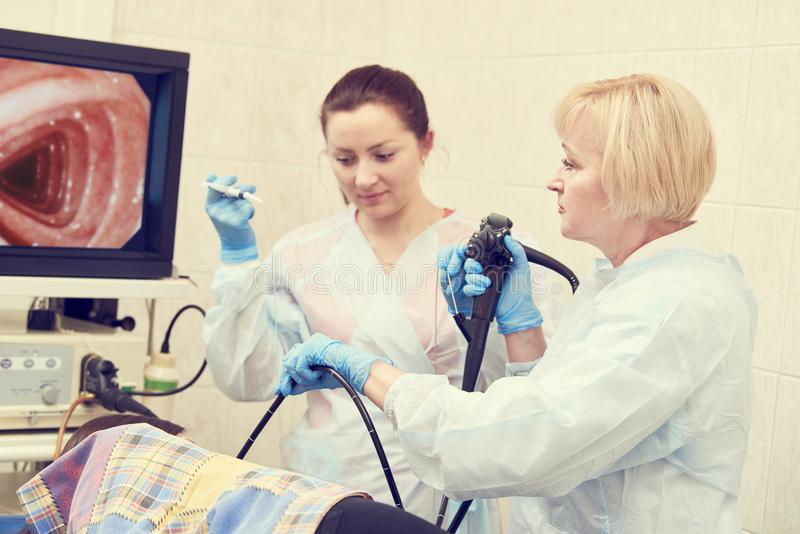Between 10% and 30% of endoscopes in use in Belgium’s hospitals remain contaminated by bacteria even after undergoing a cleaning process, according to a study carried out by the biotech firm OneLife.
An endoscope is a medical device which allows a surgeon to introduce a small camera into a patient’s body to examine organs such as the bladder (cystoscope), abdomen (laparoscope) or large intestine (colonoscope) without the invasive dangers of surgery. Often, the device is passed into the patient’s body under anaesthetic and through the oesophagus.
Precisely because of the danger of cross-contamination in the multiple uses of an endoscope, the devices are routinely disinfected by the hospital. But OneLife found that even carefully disinfecting the device according to approved procedure was no guarantee of removing bacteria completely.
According to estimates, about 5% of patients contract an infection as a result of a stay in hospital, and research has shown that endoscopes are a common vector for cross-contamination. “More outbreaks are linked to contaminated endoscopes than to any other medical device, the study concludes.
The reason is, OneLife argues, that endoscopes are disinfected but not sterilised, and the established procedure does not remove biofilms – collections of cells which grow on surfaces and also to each other, making their removal more difficult without radical measures to ensure removal. To make matters worse, the endoscope is a complex construction consisting of a camera and a flexible tube to direct the camera to its target, and as such offers up a multitude of hiding places for biofilms.
Without cleaning to remove the biofilms, disinfecting has no purpose, OneLife says. “It is impossible to disinfect an inadequately cleaned instrument. Any disinfection process is doomed to fail if cleaning is inadequate.”
In conclusion, OneLife cites recommendations by a number of professional medical bodies calling for better endoscope hygiene and offers its own products for the detection, decontamination and disinfecting for subsequent re-use.
Alan Hope
The Brussels Times

